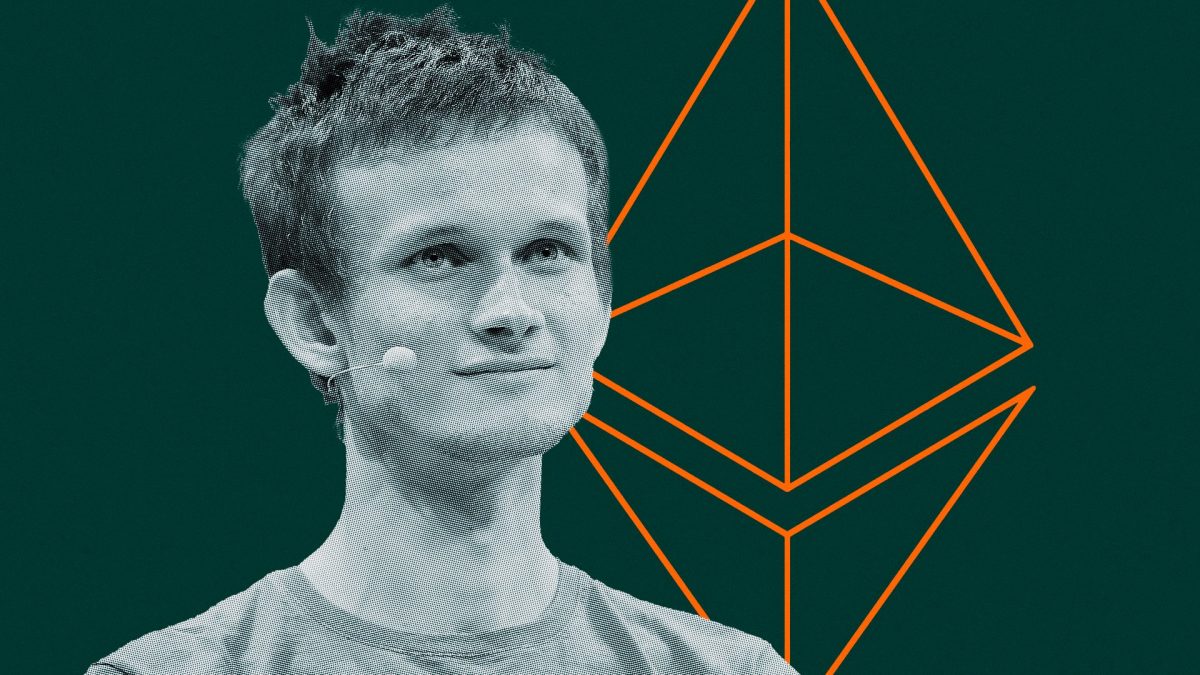Vitalik Buterin Defends Ethereum Amidst Criticisms, Highlights Key Advancements
22.08.2024 21:00 1 min. read Alexander Stefanov
In a recent update, Buterin lauded Optimism for its role in standardizing asset transfers on Ethereum and its upcoming innovations like REMOTESTATICCALL and ERC-3668 light clients.
These enhancements aim to boost Ethereum’s efficiency and adoption.
Despite this, some critics argue that Ethereum’s ecosystem is struggling, with several projects failing and significant investor losses. Ethereum’s price fell to $2,000 but has rebounded to $2,600. The drop in gas fees has raised concerns about ETH burning and supply issues.
Buterin emphasized the growth of Layer-2 solutions like Optimism and Arbitrum, which have reduced transaction fees to under $0.01 and improved user experiences.
Advances in zero-knowledge (ZK) technology and STARKs are enhancing security and decentralization, while Buterin’s proposed Plurality aims to improve governance.
Recent data reveals that since the Dencun upgrade, 2.23 million blobs have been sold, generating $9.3 million, though revenue and ETH burned have dropped significantly. The upgrade has also led to increased transaction failures due to bots.
-
1
German State-Owned Development Bank Issues €100 Million Blockchain Bond
11.07.2025 7:00 2 min. read -
2
Cardano and Ethereum Lead in Developer Activity as GitHub Commits Surge
14.07.2025 12:00 1 min. read -
3
Tether Ends Support for Five Blockchains in Infrastructure Shift
12.07.2025 11:30 2 min. read -
4
BNB Chain Upgrades and Token Delistings Reshape Binance Ecosystem
16.07.2025 22:00 2 min. read -
5
Ripple Powers UAE’s First Tokenized Real Estate Project via XRPL
16.07.2025 21:00 2 min. read
Chainlink Partners With Westpac and Imperium to Tokenize Finance in Australia
Chainlink has announced a major institutional partnership with Westpac Institutional Bank and Imperium Markets as part of Project Acacia—a joint initiative involving the Reserve Bank of Australia and the Digital Finance Cooperative Research Centre (DFCRC).
BNB Chain Upgrades and Token Delistings Reshape Binance Ecosystem
Binance continues to refine its ecosystem in 2025, with major updates spanning performance upgrades, token listings and removals, and new token launches—all reinforcing its focus on scalability and innovation.
Ripple Powers UAE’s First Tokenized Real Estate Project via XRPL
Ripple has taken a major step in expanding its institutional digital asset infrastructure in the Middle East by partnering with Ctrl Alt to support Dubai’s first government-backed real estate tokenization initiative.
Cardano and Ethereum Lead in Developer Activity as GitHub Commits Surge
Recent GitHub data reveals which blockchain ecosystems and individual projects attracted the most developer attention last week—a key signal of long-term project strength.
-
1
German State-Owned Development Bank Issues €100 Million Blockchain Bond
11.07.2025 7:00 2 min. read -
2
Cardano and Ethereum Lead in Developer Activity as GitHub Commits Surge
14.07.2025 12:00 1 min. read -
3
Tether Ends Support for Five Blockchains in Infrastructure Shift
12.07.2025 11:30 2 min. read -
4
BNB Chain Upgrades and Token Delistings Reshape Binance Ecosystem
16.07.2025 22:00 2 min. read -
5
Ripple Powers UAE’s First Tokenized Real Estate Project via XRPL
16.07.2025 21:00 2 min. read


